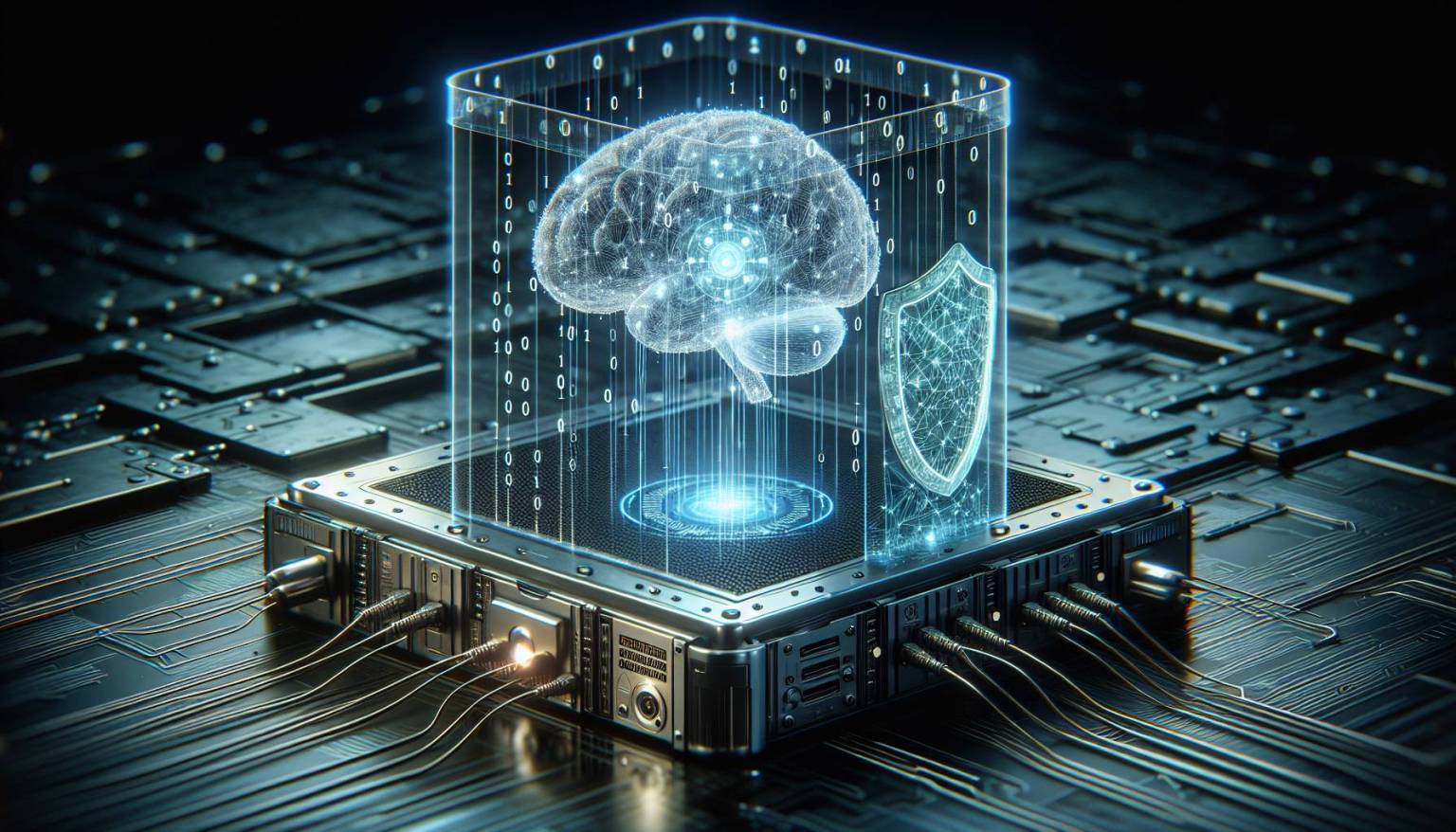Artificial Intelligence (AI) is playing a significant role in reshaping the field of cybersecurity. Its ability to detect and counter cyber threats is ever more apparent with its capacity to process massive volumes of data.
AI’s predictive algorithms are capable of anticipating potential threats, automating repetitive tasks to allow security teams to tackle more complex issues, and identifying weak points in a network under potential attack.
These attributes help organizations improve their defenses. However, as AI can bolster cybersecurity, it can also be misused by hackers. This highlights the need to continuously improve cybersecurity strategies and stay vigilant.
AI technology carries risks, particularly when misused. Privacy concerns are raised as these algorithms can collect and process large amounts of personal data. Furthermore, AI decisions are often opaque, making it challenging to hold anyone accountable when things go awry.
Thus, maintaining checks and balances is crucial. As we move towards developing a robust AI ethics that prioritizes user safety and privacy, governments worldwide should create regulations against potential misuse of AI technology.
Ensuring cybersecurity also involves arming the workforce with AI knowledge, establishing a secure network infrastructure, and implementing machine learning to detect and stop threats.
Balancing AI benefits and dangers in cybersecurity
Regular audits, penetration testing, and maintaining cybersecurity hygiene such as regular software updates and multi-factor authentication are crucial.
Companies are increasingly recognizing the value of AI and are investing in the technology proactively. Taking a leaf from Meta’s Ray-Ban smart glasses, companies can realize that their initial investment will eventually lead to increased efficiency, better productivity, and enhanced customer experiences.
Since cybersecurity threats are continually evolving, it is crucial to prioritize learning and adaptability. Employees should be equipped with the latest tools and knowledge in this field. Just as the digital landscape is continuously changing, so must a company’s cybersecurity strategy.
Regular training of all staff, not just IT, is crucial since employees are the first line of defense against cyber threats. Keep an eye on your industry as the nature of cyber threats varies. Understanding the competition and familiar threats can provide valuable data.
Boards must be alert, adaptive, and prioritize secure infrastructure. Technological advancements should inform new workplace rules for a resilient future. By adopting a proactive, comprehensive, and forward-thinking approach, corporations can traverse an increasingly interconnected world with confidence.

